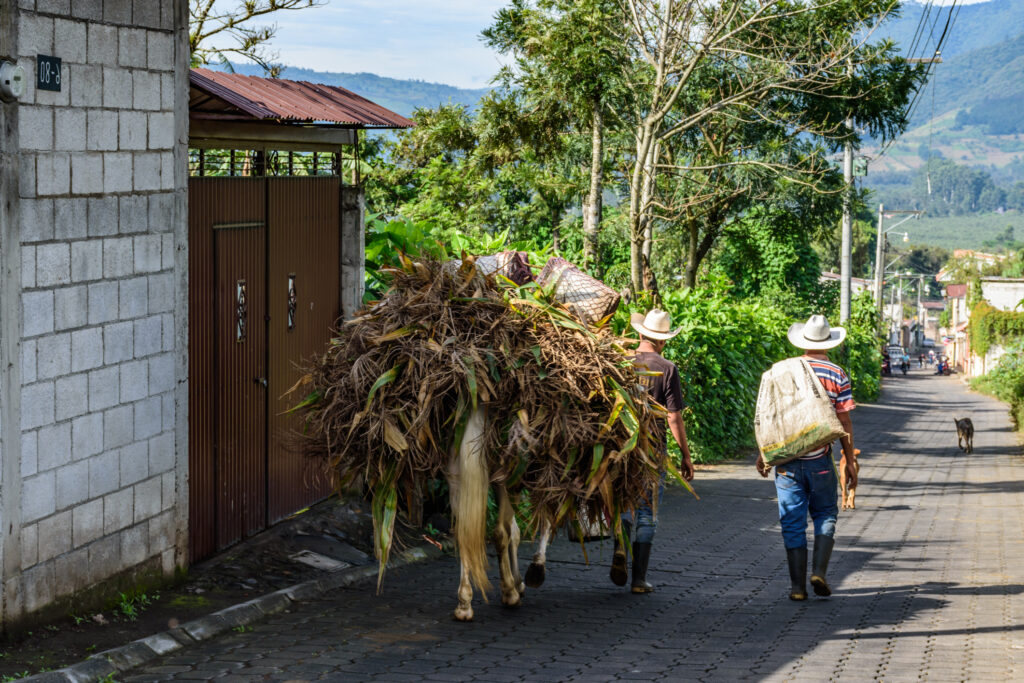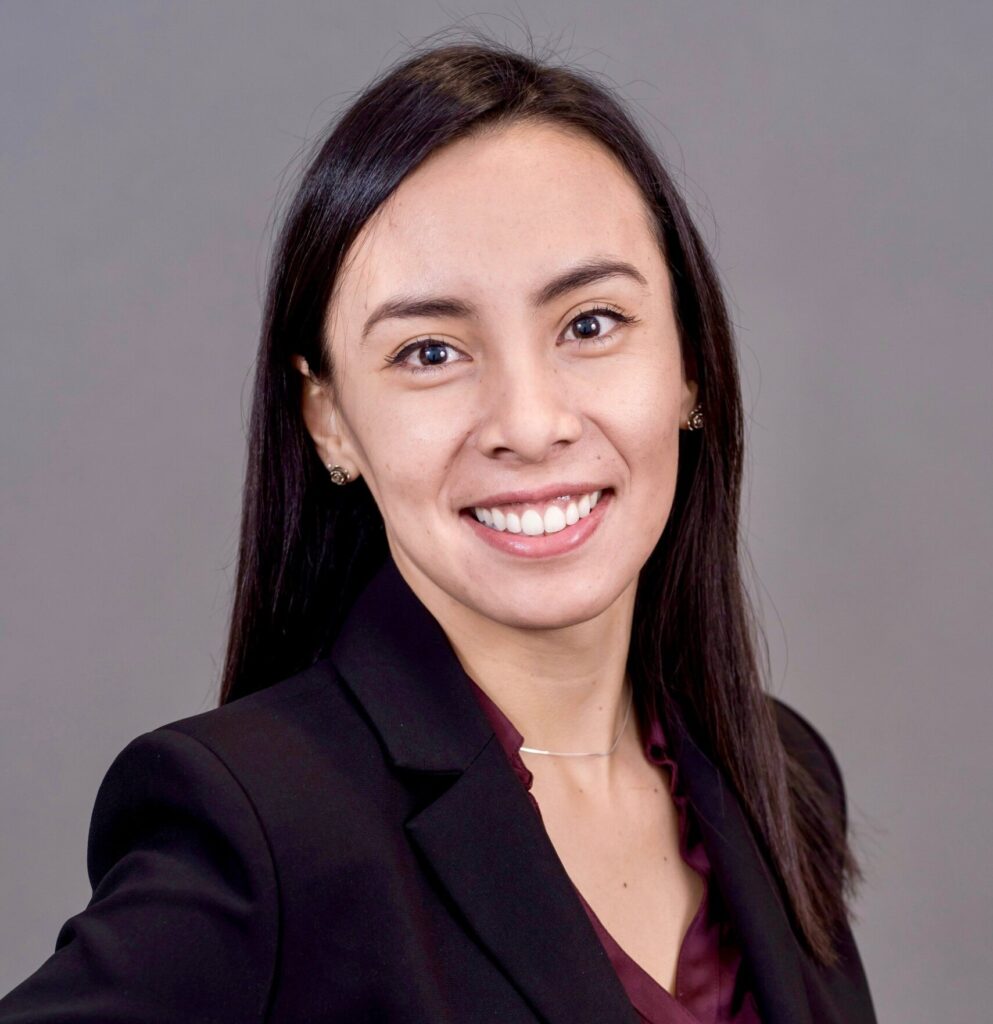
Region
The Center for Financial Inclusion (CFI), in partnership with USAID’s Office of Transition Initiatives (OTI), conducted research in Guatemala, to understand the severe impacts of climate change on low-income rural populations. This project aimed to understand the needs of individuals facing climate shocks, map the existing financial services landscape, and design tailored Green Inclusive Finance (GIF) products to empower vulnerable communities.
In Comitancillo, unpredictable weather patterns have led to declining crop yields and farmers’ incomes. Natural disasters in 2023 alone affected one-fifth of the population in Guatemala, highlighting the profound impact of climate change. This report presents the findings of the project’s demand-side analysis, supply-side analysis, and the co-design of pilot projects, offering innovative financial solutions to support populations affected by climate shocks.
This report was developed in collaboration with Guatemala’s USAID Office of Transition Initiatives (OTI).
Authors











